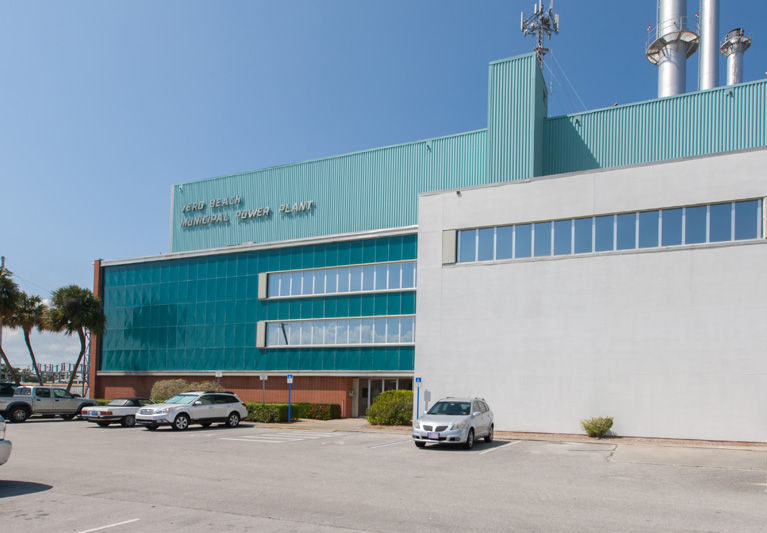
The Town of Indian River Shores, having been bounced back and forth between state regulators and the courts, is now asking the Florida Public Service Commission for a straight-up answer about how to defend its sovereign rights under Florida’s Constitution – putting the PSC in a tight jurisdictional spot.
The Shores’ legal team asserts Florida law affords the Town, as a municipality, the right “to be protected from unconsented exercises of extra-territorial powers by another municipality, namely the City of Vero Beach.”
That is the question scheduled to be debated at a Public Service Commission meeting on March 1. PSC meetings normally are held in Tallahassee, but sources close to the issue say there’s a chance the Shores could petition to have the proceedings held locally to afford the rate-paying public an opportunity to provide input.
Shores attorney Bruce May has filed a 212-page document with the PSC that outlines the history of the case and explains why the Shores feels its rights would be violated if Vero keeps operating within the Town and using public rights of way in the absence of a valid franchise agreement.
The dispute, which has been underway for several years, boils down to this: Vero has long supplied electric power to Indian River Shores under a franchise agreement. That agreement expires in November and the Shores Town Council wants to switch to Florida Power and Light electricity at that time, mainly because FPL’s rates are 24 percent lower and the cheaper electricity would save the town and town residents $2 million per year.
Vero disputes the Town’s right to switch, and so far neither the PSC nor the courts have issued a clear decision on the matter.
Vero Beach officials and their attorneys claim the city has not only the right but the responsibility to serve all its current customers until and unless the PSC amends or revokes that territory – regardless of whether a franchise agreement exists. That, on its face, would render the Shores’ ability to negotiate a franchise meaningless.
The five political appointees who serve on the PSC, and their adept attorneys, say they have the exclusive right to decide the matter and they are fighting to preserve that right. But they have not so far done anything to clarify or resolve the conflict between Vero and the Shores.
PSC has already succeeded in convincing local Circuit Court Judge Cynthia Cox that her court is not the appropriate venue to decipher the contradiction. Cox dismissed the count in the Town’s lawsuit asking for direction in that very matter, and recommended the Shores take its question to the PSC.
“We need to know where we need to go to enforce our constitutional rights,” Shores Mayor Brian Barefoot said during a recent special Town Council meeting.
Barefoot explained in a memo that rulings of the PSC and the local court over the past year have left the Shores in legal limbo about what could happen once the Town’s 30-year electric franchise with Vero expires in November.
The Shores has given Vero the required notice that it will not be renewing the franchise, but Florida statute is all but silent on what happens after that.
Indian River County is in a similar predicament, also having given Vero formal notice that it does not intend to renew Vero’s franchised right to serve nearly 15,000 customers in the unincorporated county, including the south barrier island.
After being brushed off by the PSC, the County took its complaint to the Florida Supreme Court on Dec. 10 and the Board of County Commissioners is awaiting a ruling from the state’s high court.
From their questions and comments, the panel of justices seemed to fully understand the issue, and also the predicament in which it places entities like the County and the Shores when the law is silent and a deadline is looming.
Barefoot detailed how this series of events has left the Town searching for an entity to offer a remedy.
“It is important that we clarify our rights before determining next steps. We must understand, based on past orders from the PSC and the Circuit Court, which legal authority has the appropriate jurisdiction to rule on the constitutional questions we have posed,” Barefoot said.



